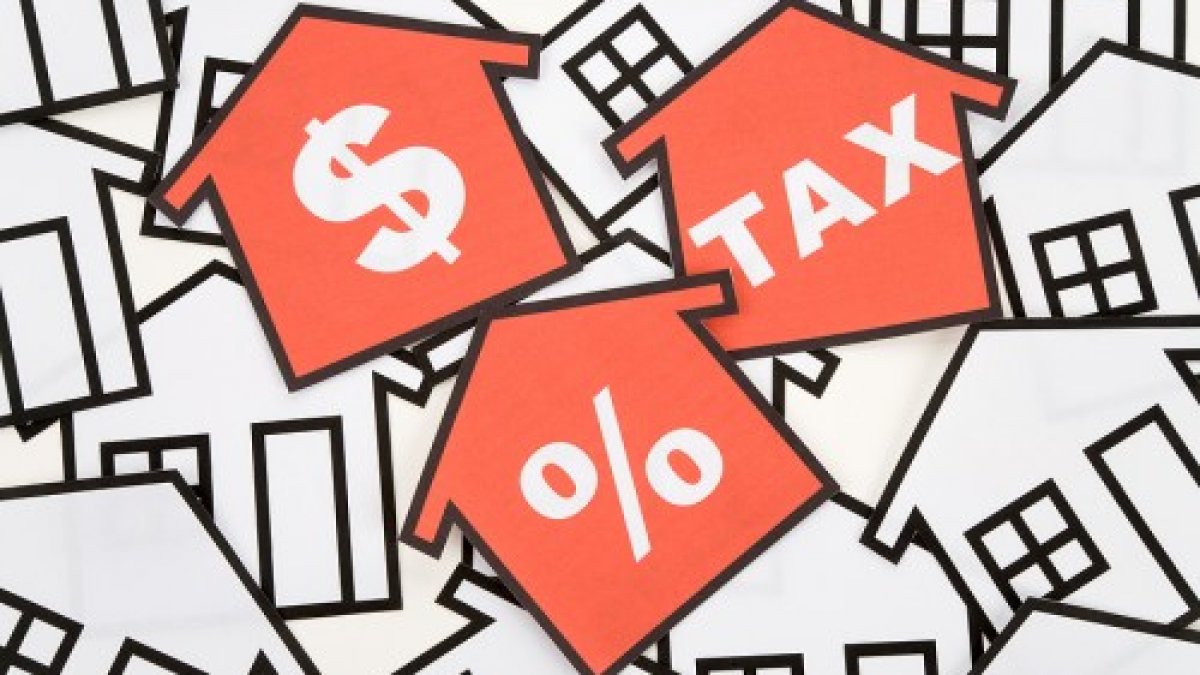What is the difference between the Property Tax Bill and the Property Tax Assessment? Often these terms become interchangeable to a homeowner. Keep in mind your tax bill and property assessment impact each other directly but their purpose is very different:
- “Assessment” – The process of estimating a dollar value on a property for taxation purposes
- “Taxation” – is the process of applying a tax rate to a property’s assessed value to determine the taxes payable by the owner of that property.
Your Property Tax levy is used to cover a portion of the City’s yearly budget for things such as:
- Education
- Garbage collection
- Water and sewer services
- Road construction and maintenance
- Parks and leisure facilities
- Police and fire protection
- Seniors’ lodges
Property taxes are calculated as follows:
- Tax Rate: Total Revenue required by the city from property tax / Total Assessment
- Provincial Tax Rate: Total Revenue required by the province from property tax / Total Assessment
- Property Tax Bill: Assessment x Municipal tax rate + Assessment x Provincial tax rate
Residential property assessment refers to the annual value assessment of single residential and residential condominium properties for the purpose of distributing fair and equitable taxation. Property Assessments come out in June and are based on a mass appraisal sight unseen.
Your Property Tax Bill is released in January and breaks down the property tax levied against your property for the current tax year.
So, in a nut shell, when your broker is requesting the property tax bill, we are looking for the statement you receive in January that outlines the taxes levied against the property.



Leave A Comment